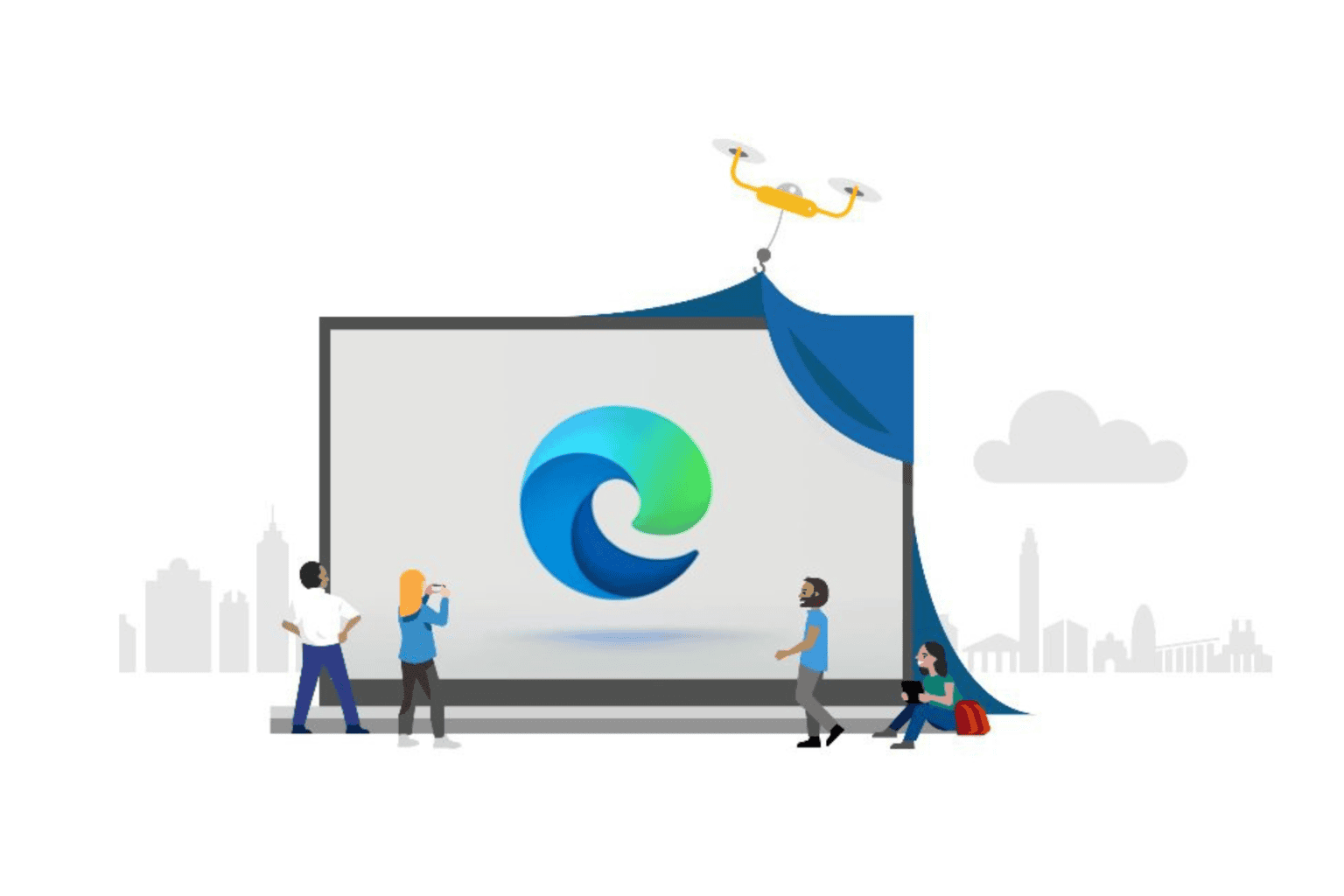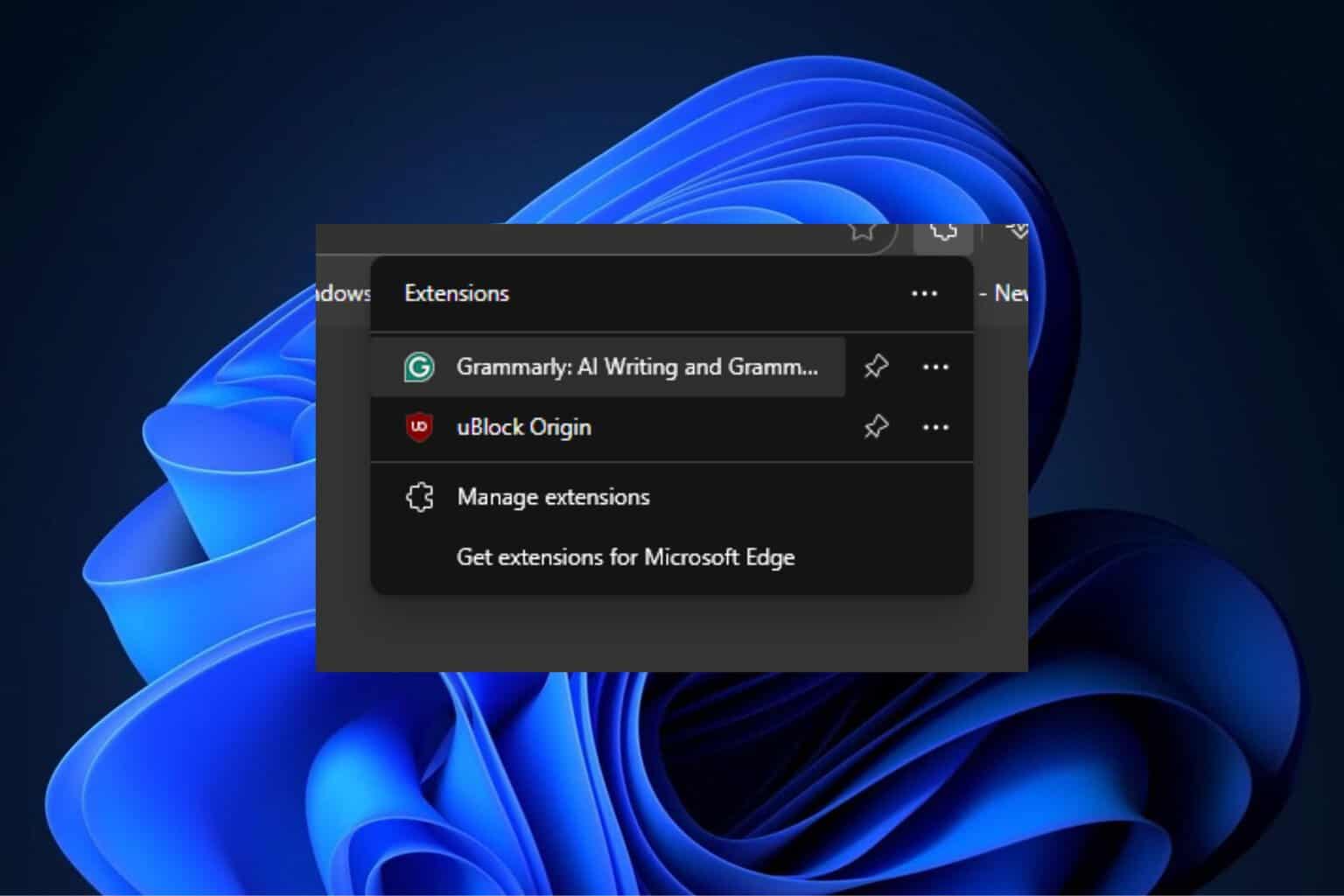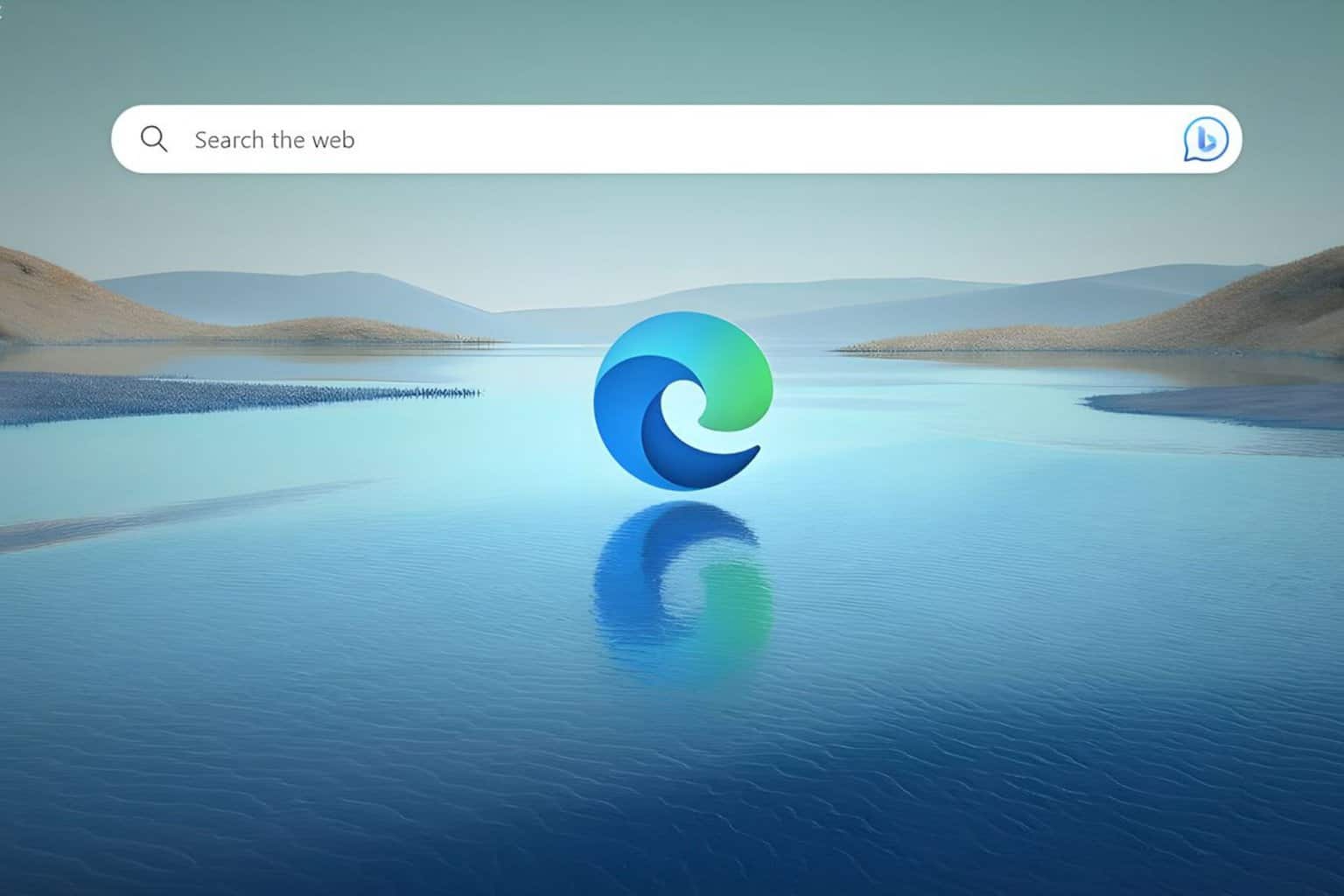Could Recall be one of the main reasons users won't migrate to Windows 11?
Windows users have expressed their opinions.
3 min. read
Published on
Read our disclosure page to find out how can you help Windows Report sustain the editorial team. Read more

Windows Recall was one of the main announcements at this year’s Microsoft Build event. Since its presentation in May, the capability has been the subject of much controversy regarding security and privacy issues.
Seen as a way to archive all of the activity done on Windows through recorded videos, many tech enthusiasts took it upon themselves to find holes and flaws in this capability, ultimately discovering so many of them that they prompted Microsoft to backtrack Recall and improve its security.
After several delays, Windows Recall is finally coming to the Windows Insider Program next month, in December. However, despite the security and privacy improvements Microsoft has made to it and the assurance that Recall is a local capability—only available to Copilot+ PCs—and can be entirely removed from your system, many Windows users think it is the main reason they won’t upgrade to Windows 11. This is not good news for Microsoft.
After officially being introduced to the world three years ago, Windows 11 still struggles in the Windows market share. It currently sits at a decent 35%, while Windows 10 is still the dominant Windows version—over 60% of users still have an almost 10-year-old operating system.
Microsoft first introduced the ESU, which will be available for 3 years. The Redmond-based tech giant recently announced that users can pay $30$ for the first year to help them transition to Windows 11, but it might not be enough of an incentive to do so.
On Reddit, where Windows users are usually honest about their opinions, most agree that Recall is a big reason why they won’t upgrade to Windows 11, at least for now. However, some users are eager to learn more about it. Others point out that many Windows users don’t understand how Recall works in the first place.
Windows Recall is entirely optional, and for now, only Copilot+ PCs can support it because the capability uses the AI-based NPU to work properly without creating any conflicts with the device. Microsoft has also said that the feature can be entirely removed from those PCs and won’t automatically turn itself on.
Ultimately, while Recall might be one of the reasons people won’t upgrade to Windows 11, it is not the main one. Currently, Windows 11 has dozens of other issues, such as frustrating ads and instability around major patches (just look at the number of issues coming with the latest 24H2 patch, for example). It generally requires stronger and better systems (although it can be installed on decade-old PCs).
Microsoft must address them immediately if the company wants Windows 11 to be viable.








User forum
0 messages